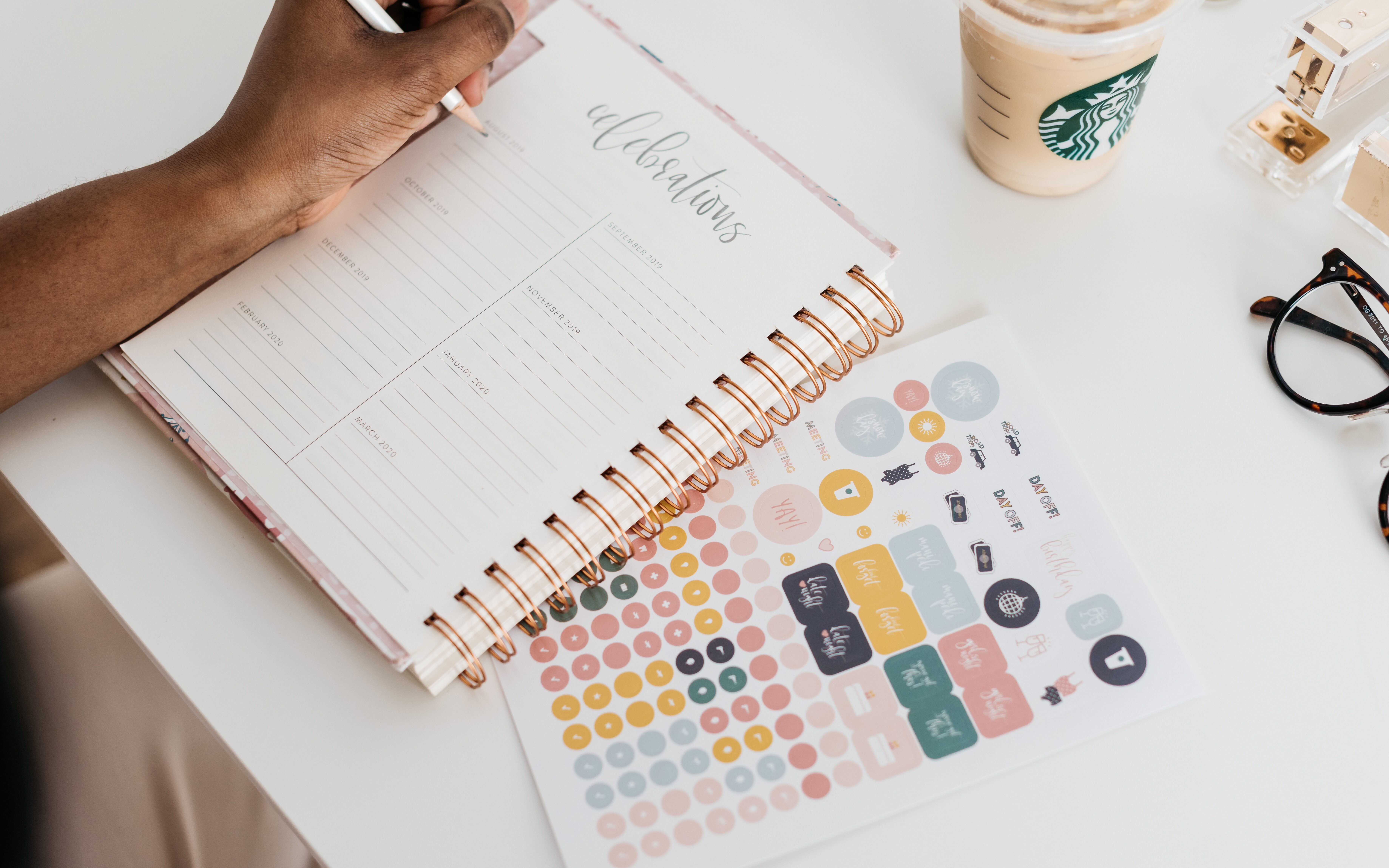Self-Discipline isn’t something you’re born with, it’s something you develop with continuous effort. It’s like the muscles you build by training in the gym. Self-Discipline means “Doing what you said you will do, even when you don’t want to”. When the motivation is low, it’s the discipline that pushes us to get things done. It’s natural to have days when you don’t feel motivated to do things, but having a disciplined routine will automatically lead you to complete your tasks.
In fact, when it comes to doing things we love, we all have the self-discipline and the drive to do them. Consider what you’re passionate about. Maybe you are into sports and enjoy playing basketball. You’d be willing to wake up early, train well, practice even on rough days and follow a proper diet before a match. You won’t find it hard to cultivate discipline in that area of your life. That’s because self-discipline can only come from a place of self love and motivation, not from a place of self loathing. When you choose to be self-disciplined because you love your life or a part of it or value yourself, the process becomes much simpler. Because you are in it for the right reasons.

Self-Discipline Isn’t Sexy, The Results Are
It goes without saying, that this process is difficult at first. Our brains are hardwired to resist change. But once you start seeing results, that come via delayed gratification, you get encouraged to continue on this path. According to a 2013 study by Wilhelm Hoffman, people with high self control are happier than those without. The reason is that the habits you repeat every day become a part of your routine. And your routine works on autopilot. Therefore, such people are happier because they spend less time debating whether to indulge in unhealthy activities or not.
Simple Ways to Develop Self-Discipline
You can’t develop self-discipline by merely learning how to self-control. Because there will be days when you lose that control; we’re all humans. That’s why, you should incorporate these easy yet effective habits into your daily routine to help you be more disciplined even on days when you don’t feel like it.
1) Find Your Why
Find a strong and genuine reason why you want to be more disciplined in any part of your life. Suppose, you want to be more disciplined with your physical health. People assume that if they lose some weight, they will begin to love their bodies. This isn’t the kind of encouragement that will keep you disciplined for a long time. Instead, if you want to take care of your body, you should first appreciate it and then worry about losing weight. Self love is not the end goal, it’s the starting point. Find a why that comes from a place of love and acceptance.
2) Start Small
“The way you do one thing is the way you do everything”
– Rob Dial
Start with bringing more discipline to small things in your life — like making your bed every morning, having a 20-minute morning routine, washing your utensils immediately. James Clear’s book Atomic Habits, explains this concept in depth. When you see yourself being more self-disciplined in the little things, you believe you can be disciplined in the big things like working out, having a study routine, and so on.

3) Create Your Self-Discipline Routine
Planning gets you ready for the change. It reduces resistance in the process when you already know what you need to do to achieve your goals. There are a million ways to accomplish a single goal. So, develop habits that suit you best and are aligned with your goals. For example, you want to improve your physical health. It isn’t necessary to join a gym for that; you can go for walks, do yoga or home workouts. Determine your goals and then create a plan that works best for you.
4) Remove Temptations
It’s the old ‘out of sight, out of mind’ technique. When you’re not surrounded by your bad habits, it’s easier to avoid them. Example, if you want to reduce your alcohol consumption; remove all the liquor from your house and avoid attending such parties. If you want to increase your productivity at work, put your phone in your desk drawer or in another room. Create an environment that lifts you up instead of pulling you down.
5) Track Your Progress
You can use a habit tracker to track your progress. It helps in creating more accountability and encouragement. Develop a reward system — for every small goal that you accomplish, treat yourself. For example, if you went to the gym 5 days a week, treat yourself to a cheat meal. If you worked for 100 hours this week, go shopping.
6) Accountability Partner
Turn to a friend or a family member to become your accountability partner. You don’t have to be alone in this. Many people avoid having an accountability partner because they are embarrassed of their lack of discipline. And they don’t want to show it to anyone else. The truth is that anyone who works on developing self-discipline goes through this. So, don’t be afraid to show others your vulnerable side. If anything, it makes you seem more authentic.
7) Don’t Get Discouraged By Failure
Here’s the thing: you’re going to mess up. You’re going to miss some workouts, but you don’t have to keep missing them after that. Change your routine instead to make it easier for you to exercise the next day. Recognize your failures, make adjustments, and move on. Remember that progress, not perfection, is the goal. You can mess up as long as you continue to learn from them instead of getting discouraged.

8) Rest
It’s important to have rest days to recharge yourself for the upcoming week. People believe that they do not deserve to take rest days until they have achieved their goal. They feel guilty for taking time for themselves, but this is not true. For proper growth, you must take proper rest days. In fact, giving yourself no spare time can overwhelm you and lead to failure.
What Do You Do To Practice Self-Discipline?
Find an area of your life where you have discipline? Or perhaps the area where there is least resistance to discipline. How can you apply this to other areas of your life? Leave a comment in response to these questions, and use this to help you in become more self-disciplined.
